What to Eat to Improve Your Memory
Most people live and do things in a hurry nowadays, and it often happens that we forget some stuff. Going shopping and not having the grocery list or leaving our keys in the car are just some examples of this forgetfulness. Although memory loss can be a perfectly normal matter, it can also be rather annoying. Recent studies have shown that our lifestyle and choice of food can have a big effect on our memory. The good news is that we can work on it and improve our recollection.
5-Minute Crafts gathered a list of things you can eat to improve your memory and make it more efficient.
❗ This article is introductory in nature. Please consult your doctor to help you choose the best nutrition plan before making any changes to your rations or lifestyle.
1. Fatty fish
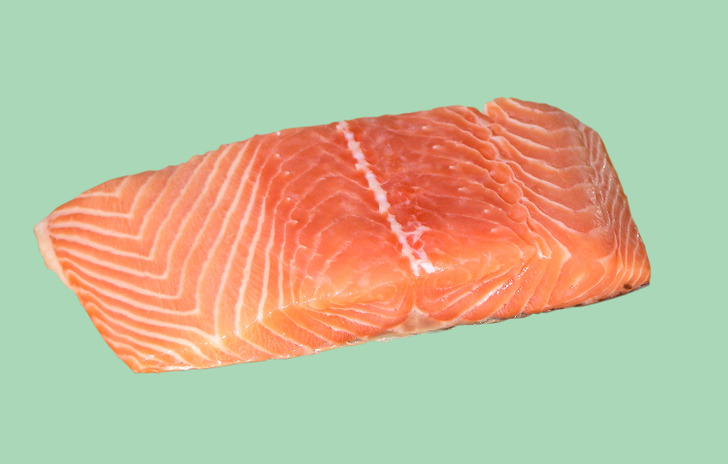
Since our brains are made of 60% fat, and half of that percentage contains omega-3 fatty acids, you should include food rich in that nutrient in your diet.
Great sources of omega-3 fatty acids are fish, particularly:
- Salmon
- Trout
- Albacore tuna
- Herring
- Sardines
Recommended intake: 2 servings per week (one serving, or 3 ounces of cooked fish)
2. Coffee
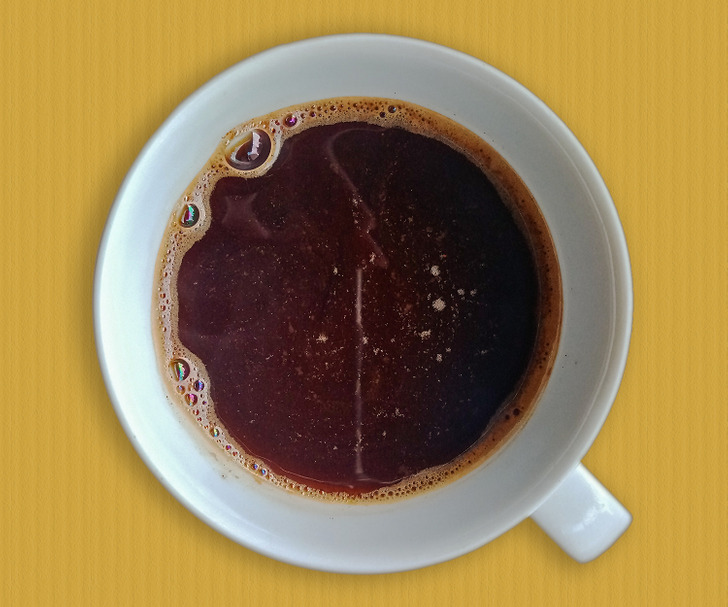
3. Blueberries
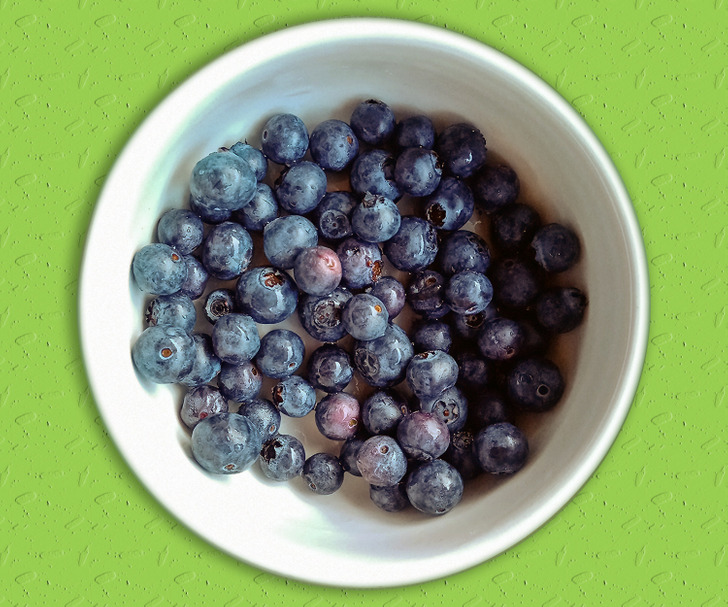
Blueberries are great brain food since they are rich in a type of plant compound called anthocyanins. Anthocyanins are beneficial, as they carry out antioxidants. Because of that, blueberries can help fight oxidative stress and inflammation, improve cognitive processes, reduce the risk of neurodegenerative diseases, slow down brain aging, etc.
Recommended intake: one cup per day
4. Turmeric
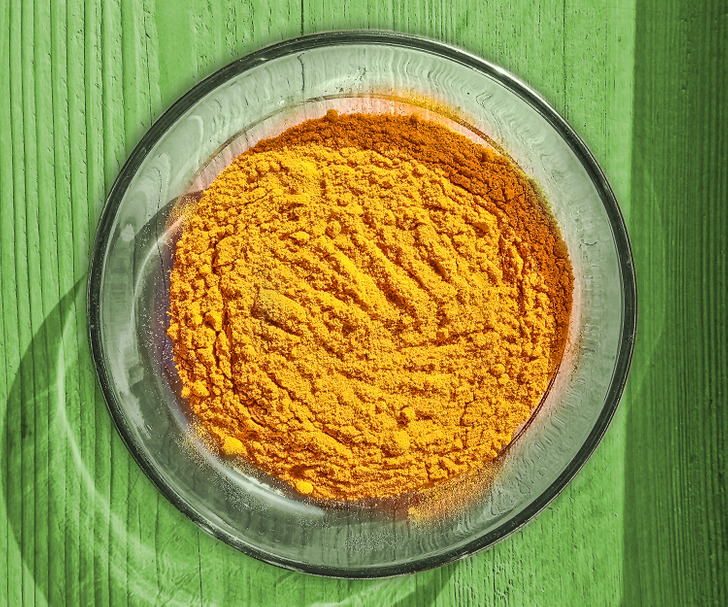
This yellow spice contains curcumin, which is very beneficial when it comes to brain cells. It is a very powerful antioxidant with many benefits:
- Improving your memory
- Avoiding inflammation
- Helping the growth of new brain cells
- Note: The daily recommended dose of concentrated curcumin is from 500 to 2,000 mg per day and the turmeric spice contains anywhere from 3% to 6% of it. It is best to consult with your doctor if you are going to take a curcumin supplement.
5. Broccoli
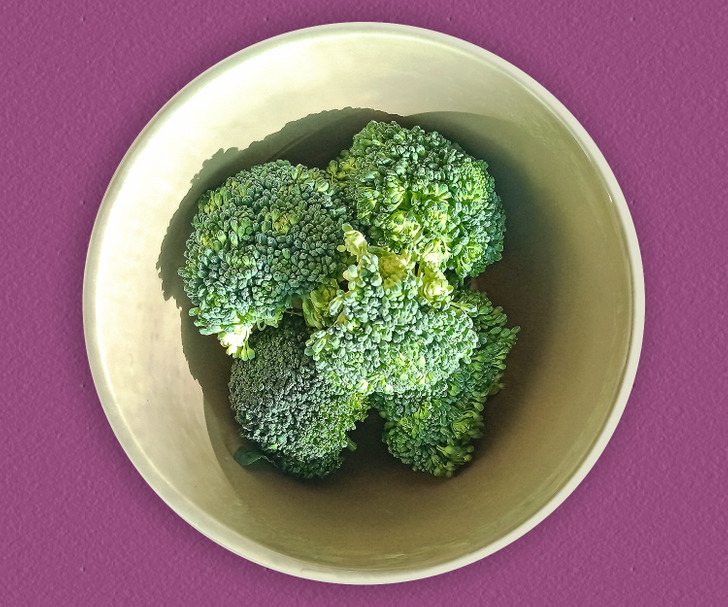
6. Pumpkin seeds
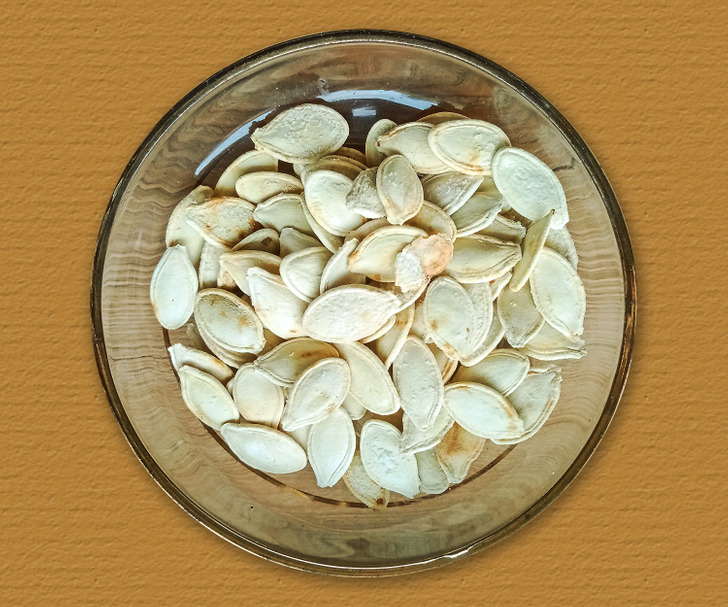
7. Dark chocolate
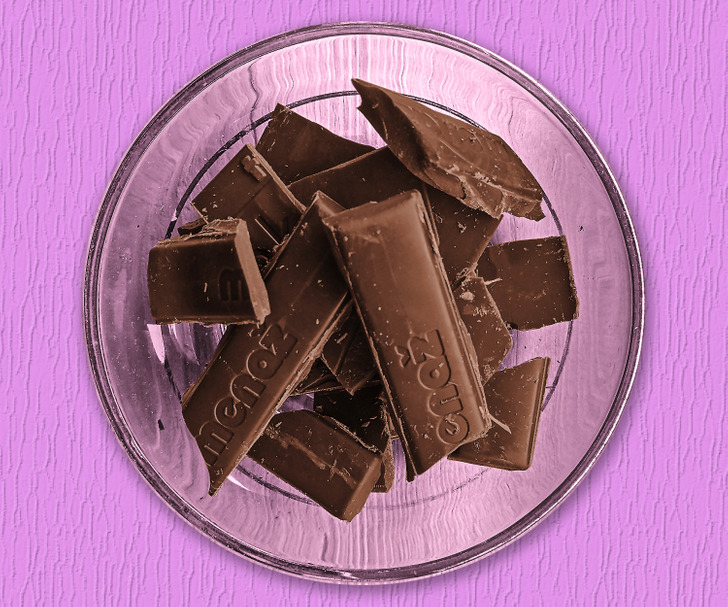
Dark chocolate alongside cocoa powder has some beneficial compounds, like flavonoids, caffeine, and antioxidants. Researchers think that flavonoids are responsible for boosting memory and slowing down the brain’s aging process. Chocolate also improves the mood and makes people happier, which can also contribute to better memory.
Recommended intake: between 1 and 2 ounces (30 grams to 60 grams) per day.
8. Nuts
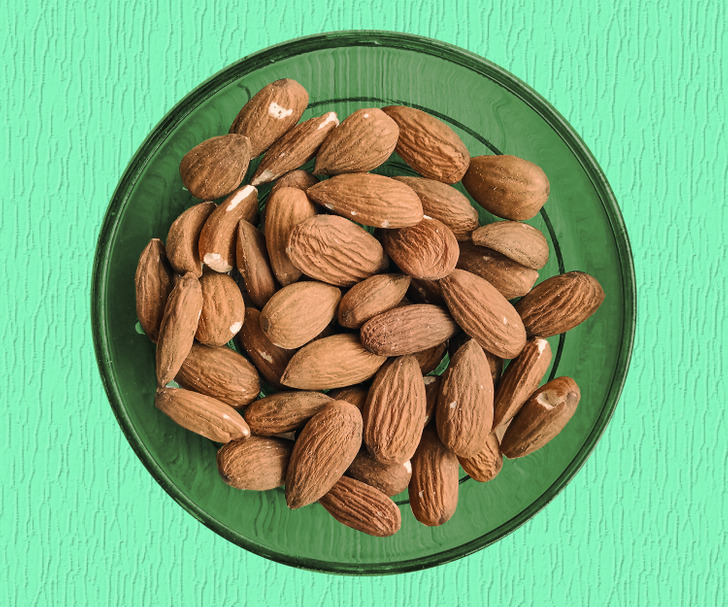
All nuts are very beneficial for your brain since they are packed with antioxidants, healthy fats, and vitamin E. It can sharpen your memory and help your brain in its fight against free radicals. Walnuts are especially good since they contain omega-3 fatty acids as well.
Recommended intake: 1.05 ounces (30 grams) per day
9. Oranges
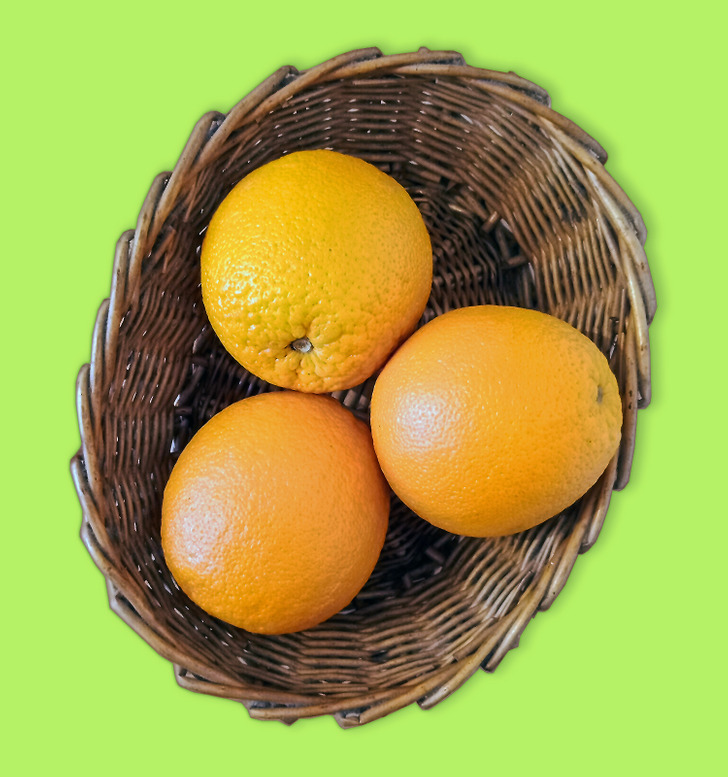
One medium orange has almost all the vitamin C that is needed for your daily intake. This vitamin can help your focus, attention, and memory. It can protect you from numerous brain conditions as well as slow down mental decline due to aging.
Other great vitamin C sources are:
- Bell peppers
- Tomatoes
- Strawberries
- Kiwi
- Guava
Recommended intake: There is no limit, but it’s best to have one per day.
10. Eggs
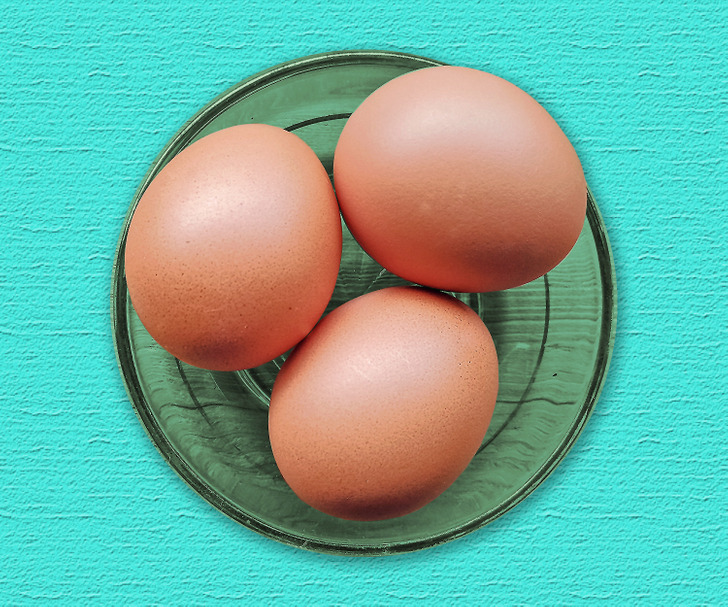
Eggs are packed with B6 and B12 as well as folate and choline. B vitamins have numerous benefits like reducing the risk of Alzheimer’s disease. Folate can minimize the brain health decline while choline helps your body to regulate your memory and mood.
Recommended intake: 1-2 per day (if your cholesterol levels aren’t high)
11. Green tea
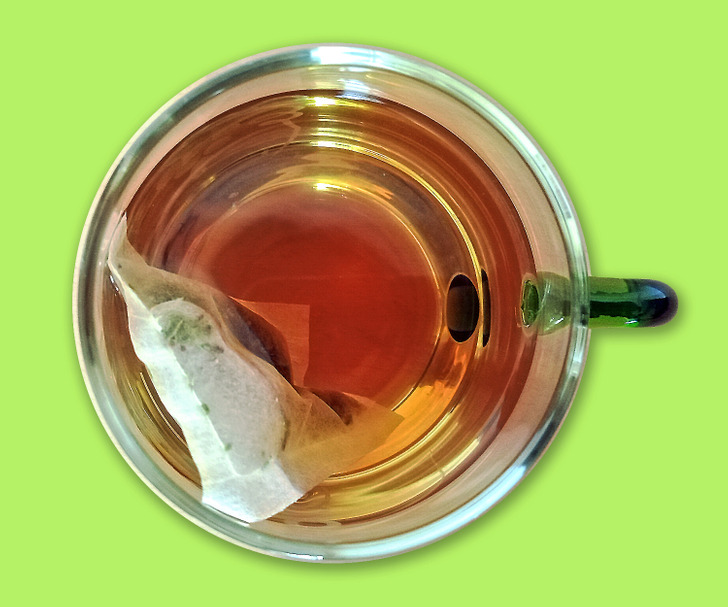
Similar to coffee, green tea can boost your memory and concentration, performance, and alertness. It can also lower your anxiety and make you feel calmer. Green tea, like other brain food, contains antioxidants that protect the brain from diseases and poor performance due to aging.
Recommended intake: 3-5 cups per day
Bonus: food that you shouldn’t eat
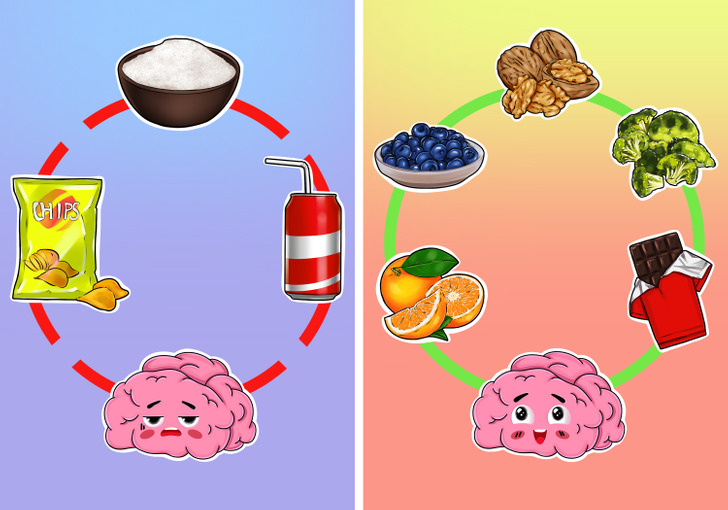
As some foods have a positive effect on the brain, there are also things that we use in our daily diet that don’t help at all or are even bad for our brain. Such foods are:
- Sugary drinks — sodas, fruit juice, sports and energy drinks, etc.
- Refined carbs — these include ingredients that are high in sugar and are made of processed grains like white flour. The foods you should avoid are white bread, pastries, desserts, cereals, crackers, etc.
- Products with high trans fats — this type of unsaturated fat can be found in processed vegetable oils, margarine, snacks, prepackaged food (e.g. cookies, cakes), etc.
- Highly processed food — these can be sweets, chips, instant and ready-made meals, and sauces since these are all high in sugar, salt, and fat.
- Aspartame — this is an artificial sweetener that people who are trying to cut back on sugar usually use.
- Fish that contains mercury — although fish can be good brain food because of all the nutrients it has (omega-3s, vitamin B12, zinc, magnesium, iron), you should be careful about what fish you are eating. Some seafood, like shark or swordfish, is considered to be high in mercury.

CLICK to join a new online writing course given by 5-Minute Crafts team!